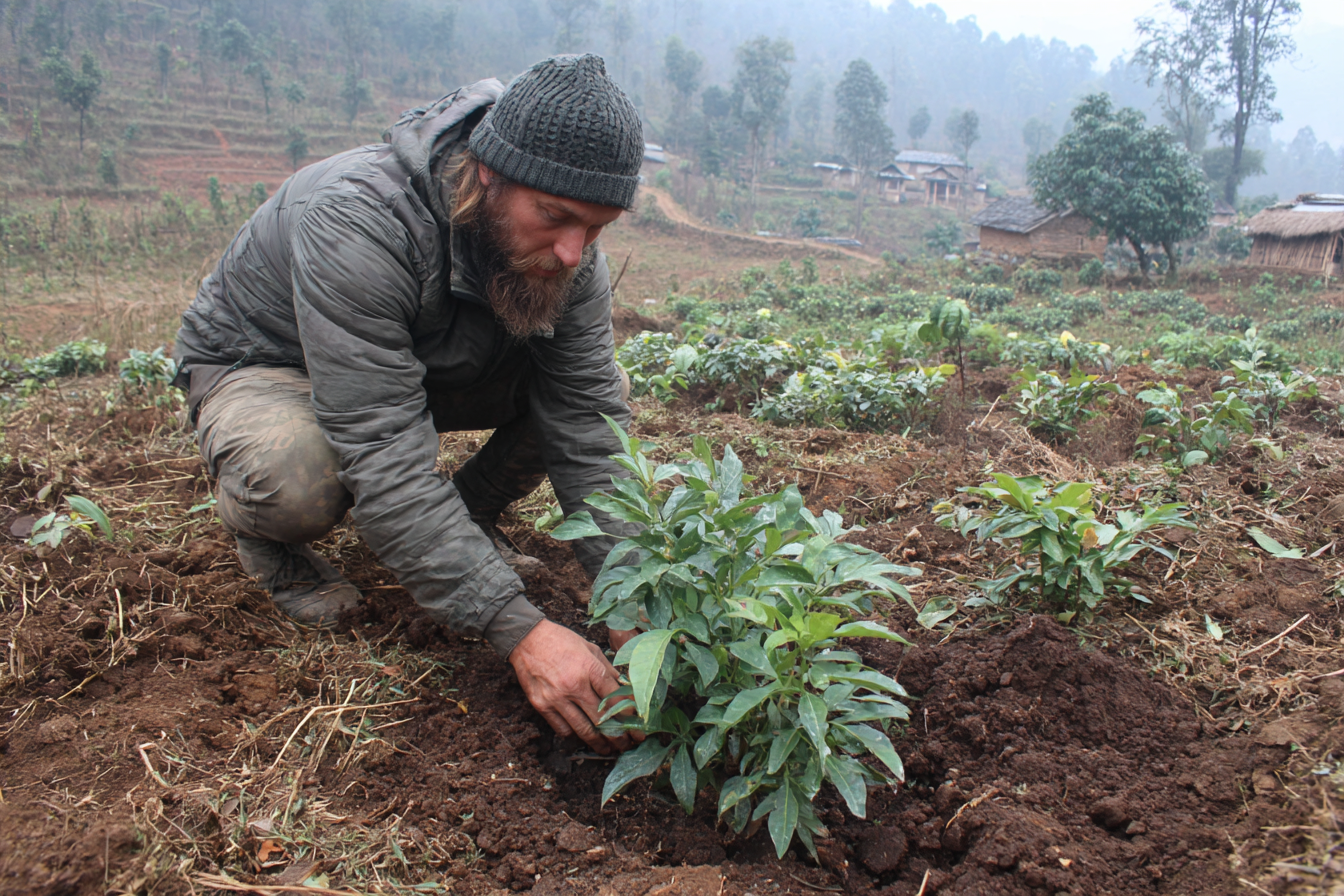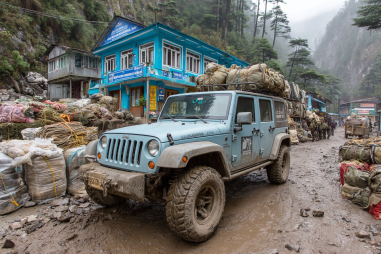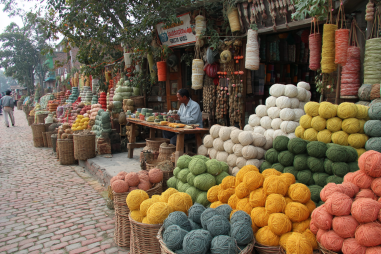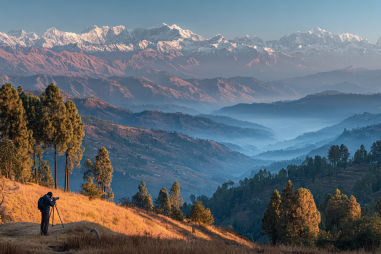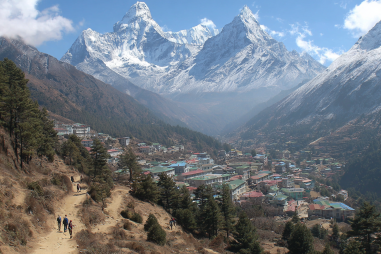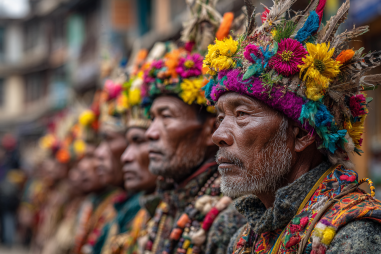Kathmandu, the vibrant capital of Nepal, is a city rich in culture, history, and natural beauty. As tourism continues to grow here, it becomes increasingly important to ensure that visitors explore the city in a way that is mindful of the environment and supportive of local communities. Sustainable tourism in Kathmandu aims to minimize negative impacts while maximizing positive benefits for everyone involved. Whether you’re a first-time traveler or a seasoned visitor, understanding how to travel responsibly can make your experience more meaningful and contribute to preserving this unique destination for generations to come.
Environmental Challenges and Solutions in Kathmandu
Kathmandu faces several environmental challenges that impact both residents and tourists alike. Rapid urbanization has led to increased air pollution, waste management issues, and strain on natural resources such as water. The swelling number of visitors also puts pressure on the city’s historic sites and green spaces, contributing to degradation if not managed properly.
Fortunately, efforts to address these challenges are underway. Local authorities and environmental organizations are promoting waste recycling programs and encouraging the use of renewable energy sources. Encouraging tourists to partake in these initiatives is crucial. For example, visitors can reduce their carbon footprint by using public transport, walking, or cycling instead of taxis. Carrying reusable water bottles and minimizing plastic use can significantly reduce pollution. By being conscious of these issues, travelers play a vital role in supporting Kathmandu’s sustainable future.
Responsible Travel Tips
When visiting Kathmandu, adopting responsible travel practices helps protect the environment and enhances your cultural experience. Here are some effective ways to be a responsible traveler:
- Respect Natural Spaces: Stick to designated trails in parks and heritage sites to prevent erosion or damage to vegetation.
- Minimize Waste: Avoid single-use plastics like water bottles, bags, and straws. Carry reusable alternatives instead.
- Choose Sustainable Transport: Use local buses, shared taxis, or rent bicycles to reduce carbon emissions.
- Conserve Water and Energy: Take shorter showers, turn off lights and devices when not in use, and opt for accommodations that follow eco-friendly policies.
- Support Local Economy: Buy souvenirs directly from artisans, eat at locally owned restaurants, and hire local guides.
Adhering to these tips not only reduces your environmental impact but also fosters meaningful interaction with Kathmandu’s culture and people.
Eco-Friendly Accommodation Options
Kathmandu offers an increasing number of eco-friendly accommodations designed to align comfort with sustainability. Many hotels and guesthouses now incorporate green practices such as solar energy, rainwater harvesting, waste recycling, and organic gardens.
When choosing where to stay, look for properties certified by recognized environmental organizations or those that clearly communicate their commitment to sustainable hospitality. Some popular eco-conscious options include boutique lodges that use local materials for construction, guesthouses that support wildlife conservation efforts, and hostels that engage with community projects.
Staying in such places not only reduces your ecological footprint but also helps empower local entrepreneurs who prioritize environmental stewardship.
Supporting Local Businesses and Artisans
Kathmandu’s local businesses and artisans form the backbone of its cultural identity. By consciously choosing to support them during your visit, you contribute directly to the community’s economic resilience and cultural preservation.
Markets like Thamel and Patan’s handicraft centers offer a wealth of handmade goods, including traditional textiles, pottery, wood carvings, and jewelry. Purchasing souvenirs from these sources ensures fair compensation for the artists and helps keep traditional crafts alive.
Dining in family-run restaurants or buying food from street vendors not only introduces you to authentic Nepali cuisine but also boosts small-scale enterprises. Additionally, opting for locally made products reduces environmental impacts associated with imported goods.
Community-Based Tourism Initiatives
Community-based tourism (CBT) is a fantastic way to experience Kathmandu and the surrounding areas through an ethical and enriching lens. These initiatives are designed to involve local residents directly in tourism activities, ensuring that benefits stay within the community.
Examples include guided cultural tours led by village locals, homestays that offer visitors immersive experiences in traditional lifestyles, and workshops on handicrafts or cooking taught by community members. Participating in CBT encourages cultural exchange, provides employment opportunities, and fosters respect for local traditions.
By choosing CBT options, travelers help empower communities while gaining a deeper understanding of Nepalese life beyond the usual tourist spots.
Volunteering Opportunities in Kathmandu
If you’re looking to give back during your trip, Kathmandu offers numerous volunteering opportunities focused on education, environmental conservation, and social welfare. Many NGOs and community organizations welcome international volunteers who bring skills, enthusiasm, and cultural diversity.
Popular areas for volunteering include teaching English or computer skills in schools, helping with reforestation programs, and supporting health awareness campaigns. Before committing, research organizations thoroughly to ensure transparency, ethical standards, and a genuine positive impact.
Volunteering can be a rewarding way to contribute meaningfully to Kathmandu’s development and build lasting connections with locals.
Cultural Sensitivity and Ethical Behavior
Respecting Kathmandu’s rich cultural heritage is essential for any visitor. The city is home to numerous temples, festivals, and customs that carry deep spiritual significance. Being culturally sensitive means observing proper etiquette, dressing modestly, and asking permission before photographing people or sacred sites.
Understanding social norms, such as removing shoes before entering homes or places of worship and greeting elders with respect, helps create positive interactions. Avoid behaviors that may be considered disrespectful or intrusive.
Travelers should also be mindful of their role in the local economy by avoiding exploitation, such as wildlife tourism that harms animals or child labor practices. Ethical behavior ensures that tourism benefits Kathmandu’s culture without causing harm.
Takeaways and Useful Resources for Sustainable Travel in Kathmandu
Traveling sustainably in Kathmandu is a fulfilling way to enjoy its beauty while preserving its environment and culture. By being conscious of your environmental impact, supporting locals, engaging in community initiatives, and acting respectfully, your trip can leave a positive legacy.
For further information, consider exploring resources such as:
- Nepal Tourism Board – Offers guidance on sustainable travel in Nepal.
- Ecotourism Nepal – Promotes responsible tourism practices.
- Community Tours Nepal – Connects travelers with ethical tours and homestays.
Approach your journey with curiosity, respect, and a willingness to give back, and Kathmandu will welcome you with open arms while you help protect its precious heritage.

